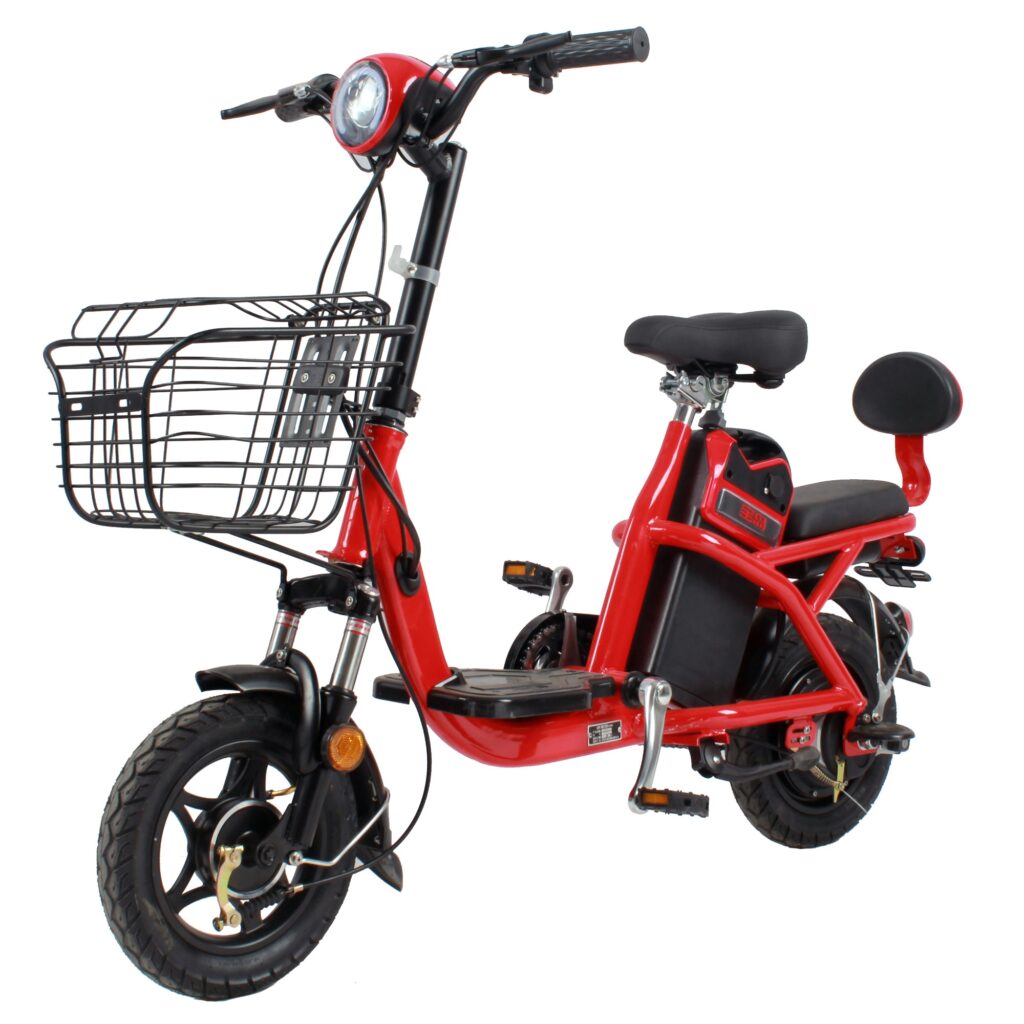
Introduction
Electric bikes, often referred to as e-bikes, have taken the world by storm in recent years. These two-wheeled wonders offer a convenient and eco-friendly alternative to traditional bicycles and gas-guzzling vehicles. In this article, we will explore the growing popularity of bike electric, their benefits, how they work, and their impact on the environment and our daily lives.
The Rise of Electric Bikes
E-bike Sales Soaring
The electric bike industry has seen remarkable growth in the past decade. Sales have skyrocketed as more people recognize the advantages of this sustainable mode of transportation. In urban centers and rural communities alike, e-bikes have become a common sight, offering commuters a practical solution to their daily transport needs.
Variety of Styles and Models
One reason for the surge in e-bike popularity is the wide range of styles and models available. From foldable e-bikes for compact city living to rugged electric mountain bikes for off-road adventures, there’s an e-bike for every lifestyle and terrain. This diversity makes e-bikes a versatile choice for people of all ages and interests.
How Do Electric Bikes Work?
Electric Assist
The key feature that sets electric bikes apart from traditional bicycles is their electric assist system. E-bikes are equipped with an electric motor and a rechargeable battery. When you pedal, the motor kicks in to provide extra power, making your ride smoother and less strenuous. You can control the level of assistance, which allows you to conserve energy when desired or get an extra boost when tackling uphill terrain or fighting strong headwinds.
Throttle Control
Some e-bikes also come with a throttle control, which allows riders to accelerate without pedaling at all. This feature is especially useful for individuals who may have physical limitations or need assistance when starting from a standstill.
Regenerative Braking
Many e-bikes are equipped with regenerative braking systems, which can capture and convert kinetic energy back into electricity while slowing down. This regenerative feature helps to extend the range of the e-bike and maximize energy efficiency.
Benefits of Electric Bikes
Eco-Friendly Transportation
Electric bikes offer an environmentally friendly alternative to traditional vehicles, reducing carbon emissions and air pollution. They contribute to cleaner air and a more sustainable future by reducing our dependence on fossil fuels.
Health and Fitness
E-bikes offer an excellent way to stay active and maintain good health. While the electric assist feature makes cycling more accessible to a wider audience, it doesn’t take away the physical benefits of cycling. Riders can choose to pedal as much or as little as they like, ensuring that they get the exercise they need.
Cost Savings
Compared to owning a car, e-bikes are a much more cost-effective mode of transportation. They require less maintenance, no gasoline, and often qualify for government incentives and tax breaks. With the rising costs of fuel and maintenance, e-bikes can help individuals save a significant amount of money over time.
Impact on Urban Mobility
Alleviating Traffic Congestion
In crowded cities, traffic congestion is a significant problem. E-bikes offer a solution by taking up less space on the road and reducing the number of cars on the streets. Commuters can navigate through traffic more easily, reducing travel times and frustration.
Last-Mile Transportation
Electric bikes are perfect for last-mile transportation. They enable commuters to quickly reach their destinations, connecting with public transportation or parking areas easily. This accessibility makes e-bikes a game-changer for urban mobility.
Environmental Impact
Lower Emissions
E-bikes produce significantly fewer emissions compared to conventional vehicles. The reduction in greenhouse gas emissions has a positive impact on air quality and helps combat climate change.
Reduced Noise Pollution
Electric bikes are much quieter than gasoline-powered vehicles. This reduction in noise pollution contributes to more peaceful and pleasant urban environments.
Challenges and Future Developments
Infrastructure
To fully embrace the potential of electric bikes, cities and communities need to invest in infrastructure that supports e-bike riders, such as dedicated bike lanes and charging stations.
Safety and Regulations
As e-bike usage grows, it’s essential to establish clear safety guidelines and regulations for riders and manufacturers to ensure a safe and orderly integration into existing transportation systems.
Technological Advancements
The future of electric bikes holds exciting prospects, including improved battery technology for extended range, smarter connectivity options, and enhanced designs for increased efficiency.
Conclusion
Electric bikes have emerged as a promising solution to urban congestion, environmental challenges, and the need for sustainable transportation options. Their rapid growth in popularity, coupled with their numerous benefits, has made them a staple in modern transportation. As e-bike infrastructure continues to expand and technology advances, we can expect these electric wonders to play an even more significant role in shaping the future of transportation, promoting healthier lifestyles, and reducing our environmental footprint. Whether you’re a daily commuter or a weekend adventurer, the electric bike revolution has something to offer everyone, making it an exciting and essential part of the journey toward a more sustainable world.
You May Also Like: